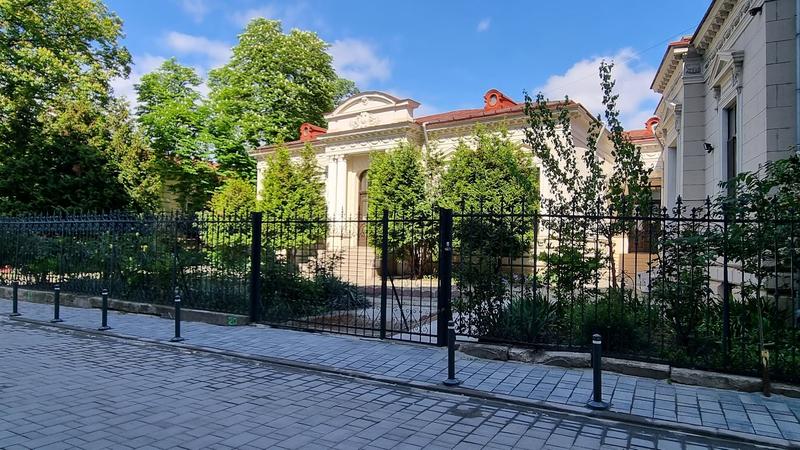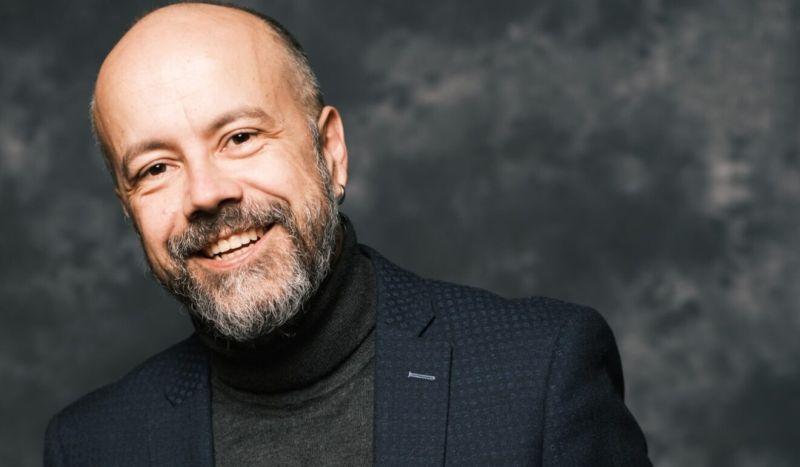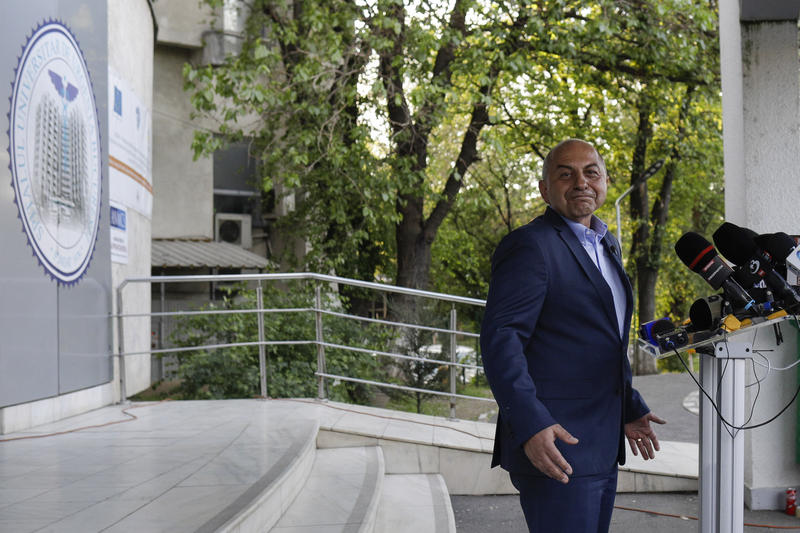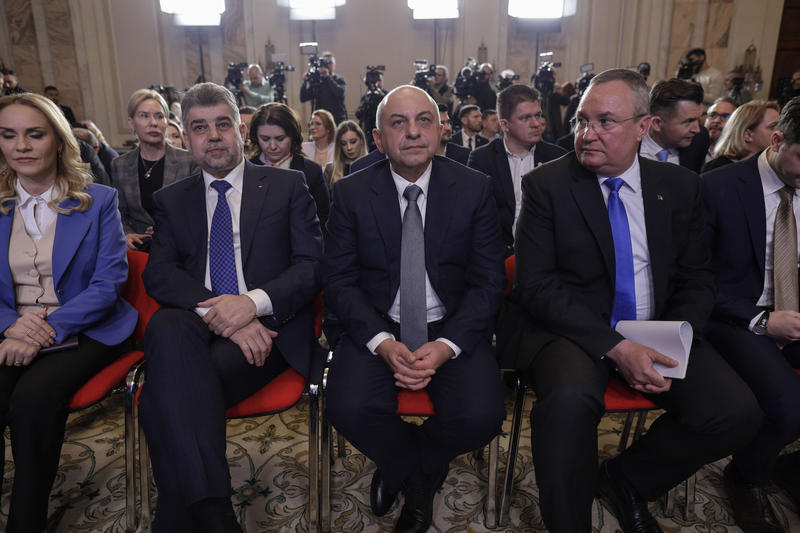Although the figures show differently, Gazprom vice-president and export executive manager Alexander Medvedev claims that Romania does not pay the biggest price in Europe. It is a custom-made price, made according to each client, established through contracts made by companies. In an interview for HotNews.ro, Medvedev still shows interest towards Romanian gas storage facilities at Margineni. Concerning the elimination of interim companies in the natural gas transactions, it seems impossible to accomplish before 2030. When it comes to the Nabucco project, Gazprom promises not to raise any obstacles in front of its development, an even more: Gazprom is in permanent contact with the project managers and it may even become a partner.
Info in brief:
- Gazprom has a formula for establishing a custom-made price for each client, this being the explanation for the high price Romania pays for the gas.
- The Russian company is still interested in having a gas storage facility in Romania.
- In the future, Gazprom may become a partner in the Nabucco project, a project that the Russian company does not oppose.
- The interims in natural gas transaction between Romania and Gazprom can not be eliminated, the contracts being valid until 2030.
How would you describe the Russian-Romanian relations in the energy field?
These relations are mutually beneficial. Russian-Romanian gas cooperation serves the interests of both countries. Romania is a traditional natural gas customer of Gazprom/Gazprom Export. In 2007 your country was supplied with 3.9 bcm (billion cubic meters, our note) of natural gas.
It’s noteworthy that due to its geographic location Romania is a key spot for ensuring Russian gas transit to Bulgaria, Turkey, Greece and Macedonia.
Gazprom announced that the price for Romanian gas exports would be increased to 390 dollars per 1000 cubic meters, starting on April 1. Romania already pays 376 dollars per 1000 cubic meters, the highest price for Russian gas among all European countries. Why such a price for Romania? How was it established and is there a chance of reducing it? What conditions are required for that?
Gazprom doesn’t fix prices for separate European countries in the sense that you’re implying. There are special prices for certain countries from the former USSR that have not completed the transition to market pricing which are established by intergovernmental agreements. Romania isn’t such a country.
In all other cases the price is determined automatically by the terms of long-term export agreements with a company or companies operating the gas markets of specific countries. By the way, the price, or to put it properly, the formula that is used for its calculation, is a commercial secret and cannot be disclosed. But I can assure you that the current price for Romania is not the highest in Europe. It is within the price range of other European gas deals with Gazprom.
So the gas export price is not fixed by Gazprom, but calculated on the basis of a special formula that is the subject of specific gas export agreements. The formula itself is custom-made and consists of the base price and further indexing conditions. Usually a portfolio of petrochemicals is used for the price indexation.
The proportions of gas oil and fuel oil in the portfolio are determined every time by national specifics in the purchasing country. But in any case these proportions are agreed upon by the parties. The base price may also differ and it depends on the time of the conclusion of a contract. This pricing method is used not only by Gazprom, but also by its European competitors.
In long-term contracts the pricing formula implies not only the potential growth of gas prices but also the chance that they decrease if the price of oil products goes down.
There are intermediaries in Russian-Romanian gas trade. Do you think there is any chance of Romania purchasing gas directly from Gazprom? What should be done for that? When might it happen and under what conditions?
Nothing. It has already been done. Currently the supply of Russian natural gas to Romania is ensured by two long-term contracts and one of them was concluded between OOO Gazprom Export and S.C. Conef Energy S.R.L.
S.C. Conef Energy S.R.L. is a Romanian legal entity registered under Romanian law. We concluded a long-term supply contract with the company up to 2030.
Some media say that Gazprom is exploring the feasibility of directing the South Stream pipeline through Romania. Is it true?
Right now Gazprom is exploring different routes for the onshore part of the pipeline that will cross the territories of EU countries. Nothing is currently excluded. The choice of specific countries for transit routes will be determined by their geographic locations as well as their interest in cooperating with Gazprom in the South Stream project. We also consider the extra gas consumption needs of the domestic markets of these countries that may be served by the new pipeline.
The routes are to be finalized upon completion of the feasibility study for the project that is scheduled for late 2008.
Article 79 of the UN Sea Convention foresees the need for South Stream to be approved by countries whose territorial waters are in the Black Sea, namely Ukraine and Romania. Will you seek such approval? ? If so, will your company enter into negotiations with the Romanian government? What will the subject of these talks be?
The main principle of pipeline construction established by Article 79 of the 1982 Sea Convention is the freedom of every state to lay under water cables and pipelines on the continental shelf.
At the same time, the Convention foresees certain restrictions for underwater pipeline construction. These restrictions include the need to clear specific routes for these pipelines with bordering states and to consider existing cable and pipeline routes while building new ones, the right of the bordering state to explore and exploit its sea bottom natural resources and to take necessary measures to prevent sea pollution as well as to enforce the execution of established national requirements.
Gazprom has always complied with international law,, so the construction of South Stream will be carried out in full compliance with the requirements of the UN Sea Convention as well as other international treaties and national laws of those countries whose territorial waters or exclusive economic zones the pipeline will go through.
Is Gazprom interested in investing in Romania? Are you still interested in the construction of the Margineni underground gas storage facility? Were the feasibility study payment terms unacceptable to you or are there other reasons for terminating your negotiations with Romgaz on the subject?
The construction of underground gas storage facilities in Romania is an important element of Russian-Romanian gas cooperation. It will ensure the reliable winter supply to consumers and optimize the gas transport capacity of the existing network.
Currently Russian and Romanian experts, in line with existing agreements, we are exploring conditions for the construction of new underground gas storage facilities in Romania. There have been a number of working discussions and consultations to establish the basic principles of cooperation underlying their construction.
So talks on the possible creation of underground gas storage facility on the basis of the Roman-Margineni depleted gas field, as well as other sites were not terminated.
Is Gazprom interested in participating in the Nabucco project? Do you see the Nabucco pipeline as a competitor to South Stream and what are the strengths of each of these projects?
The South Stream project is not an alternative to any existing pipelines. It has a number of clear advantages as the project enjoys state gas supplier and a ready market. So if Gazprom carries out its plans in full,, we will build a comprehensive pipeline system including the North Stream and Yamal-Europe pipelines, the Ukrainian corridor, and the South Stream and Blue Stream pipelines that will help us provide a reliable, uninterrupted export service for our customers.
As to the Nabucco pipeline, we have no intention of putting any barriers in its way. Moreover, we are constantly in touch with its managers and in future Gazprom might become one of its participants. If Nabucco can find adequate financing and sufficient volumes of gas, it will contribute to the security of gas supply to European consumers.


















